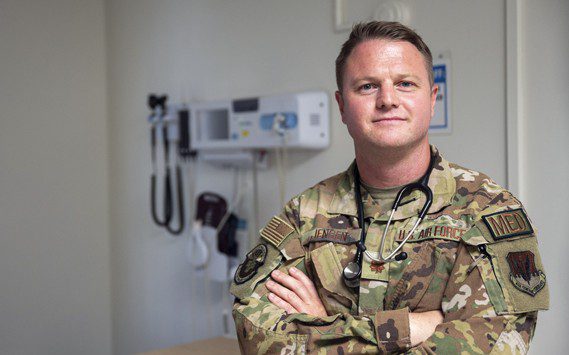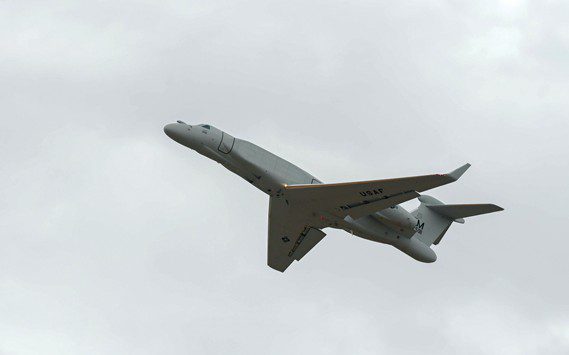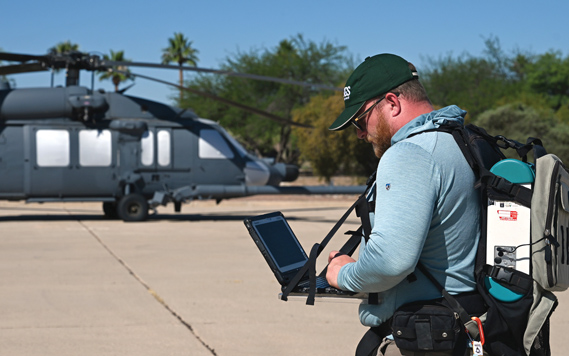WASHINGTON– U.S. and European sanctions imposed on Russia for its support of Ukrainian separatists and the annexation of Crimea are having a significant impact on Russia’s economy but have not curtailed Moscow’s continued intervention in the region, two senior Defense Department officials told Congress today.
“We are hearing, for example, more dissatisfaction of the oligarchs, who to date have been very supportive of [Russian President Vladimir] Putin,” Christine E. Wormuth, undersecretary of defense for policy, told the House Armed Services Committee during a hearing on security threats to Europe that focused largely on Russia’s threat to Ukraine and Eastern Europe.
Regarding the sanctions, the Russian oligarchs “are concerned about the impact it is having on their businesses, on their own financial holdings, but it has not changed so far what Russia has been doing on the ground, and that is the great concern,” Wormuth said during her testimony.
She added, “That is where there is the need again to look at the overall package of cost-imposing strategies toward Russia and also support to Ukraine to see if we can change the calculus.”
In addition to ongoing military exercises and a stepped-up NATO presence in Eastern Europe, the Obama administration has committed $118 million in nonlethal aid and training to the Ukrainian government in Kiev and a similar amount for fiscal year 2015.
Ukraine’s government, which has lost control of significant portions of the eastern part of the country to Russian-backed rebels since fighting began a year ago, has asked allies — including the United States — for lethal aid.
“There is various discussion of providing defensive lethal assistance in an effort to again raise costs on Russia, not from the perspective at all of being able to fundamentally alter the military balance … but to try to give Ukraine more ability to defend itself against the separatist aggression,” Wormuth said in answer to legislators’ questions. In fact, Wormuth and Air Force Gen. Philip M. Breedlove, Supreme Allied Commander Europe and commander of U.S. European Command, both told lawmakers they did not know how Putin would respond if the West began supplying lethal aid to the government in Kiev. However, “what we’re doing now is not changing the results on the ground,” Breedlove said.
Wormuth said pressure should continue on all fronts and that stepped-up economic and financial isolation of Russia could prove more effective than providing lethal aid to the Ukrainian government, a move that she said could lead Russia to “double down” on its support for Ukrainian separatists and thereby escalate the conflict.
“I do believe that Mr. Putin understands Article 5, but I do not believe that that would preclude Mr. Putin from taking some actions in reaching out to the disparate Russian-speaking populations that are in some [of] our easternmost nations in NATO,” Breedlove said, referring primarily to the Baltic states of Latvia, Lithuania and Estonia.
Turning to another security concern, both defense officials described instability in the Middle East, in particular the control that the Islamic State of Iraq and the Levant has over territory just to the south of Europe.
“The flow of returning foreign terrorist fighters to Europe and the United States in both the near- and mid-term poses a significant risk, including to our forward-based forces in Europe,” Breedlove said, and “is likely to grow more complex for the next decade or longer.”











